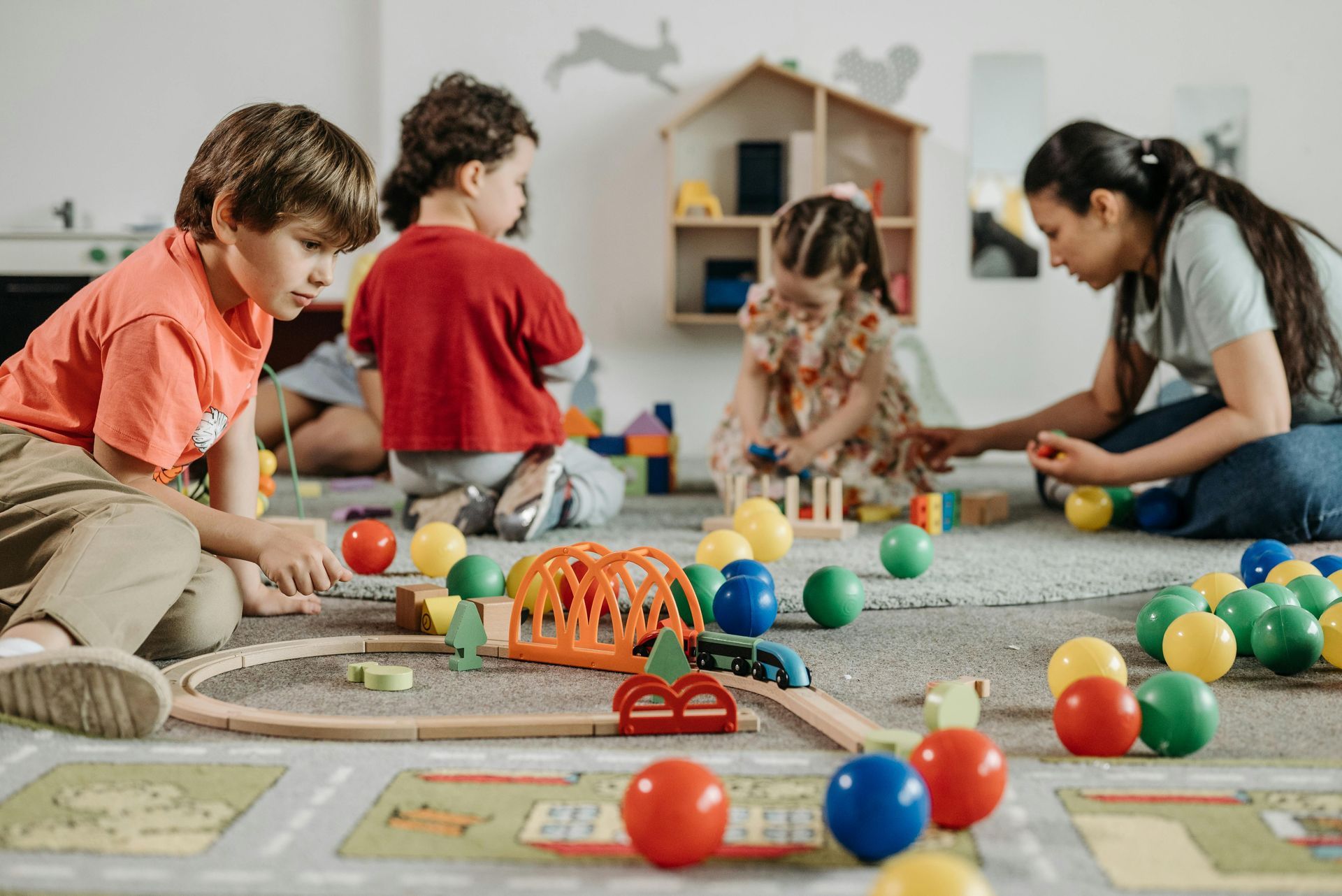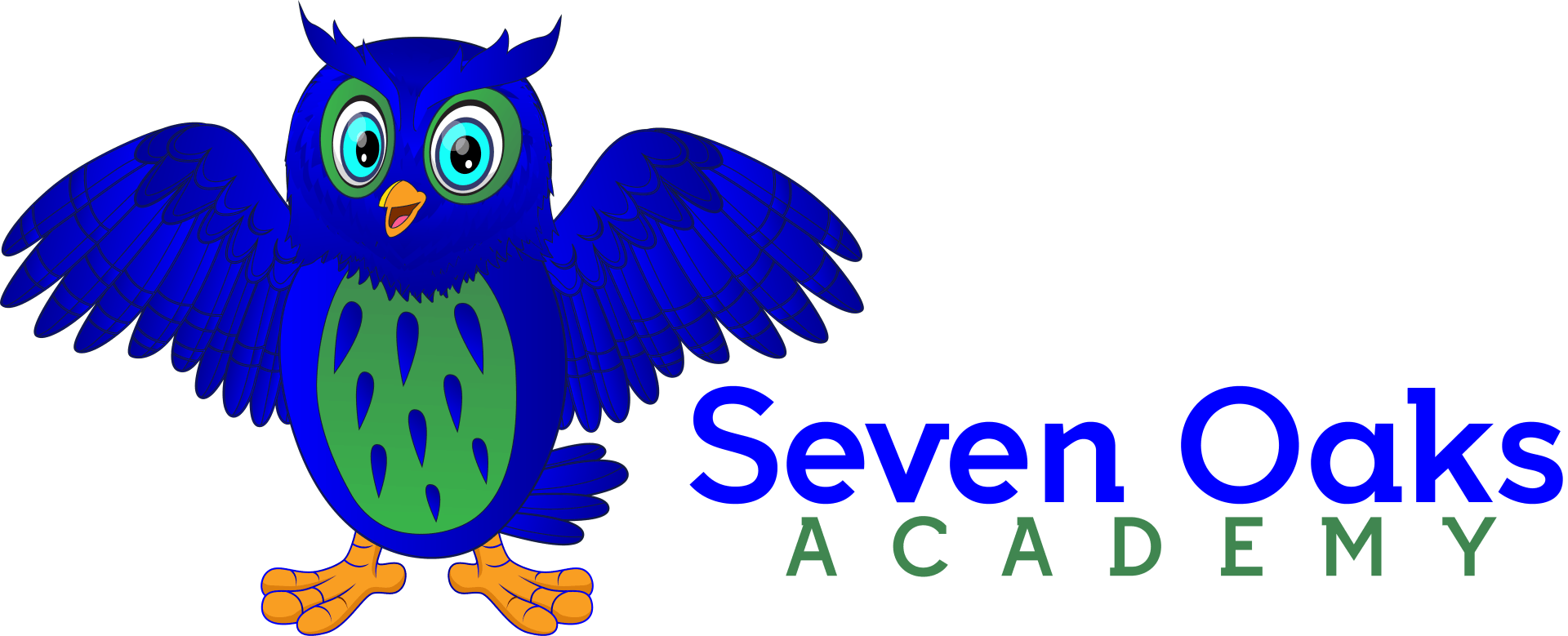
In both the AMS (American Montessori Society) and AMI (Association Montessori Internationale) approaches, music is seen as a fundamental part of early childhood development, and it goes beyond mere entertainment. Music in a Montessori environment is woven into the fabric of daily activities, supporting a child's cognitive, emotional, and social growth. At Seven Oaks Academy, we integrate music throughout our curriculum, nurturing the child's natural rhythm and love for sound while building important developmental foundations.
The Role of Music in Montessori Education
In the Montessori approach, the topic of music is considered to be an essential language that can help a child develop their senses. Both AMS and AMI insist on the introduction of music to children from babyhood, with concern for their ability to engage with the elements of rhythm, melody, and harmony. Be it singing, dancing, or playing the Montessori bells and drums, these are important in that they enhance discrimination, memory, coordination, focus, and concentration.
By interacting with sound and rhythm, children naturally develop skills such as auditory perception and musical pattern recognition, which are tied to their broader cognitive development. Group music activities also foster community, cooperation, and teamwork, key social-emotional skills that align with Montessori principles.
Music Integrated into Daily Montessori Activities
Unlike traditional settings, where music is a separate subject, in Montessori classrooms, it permeates the entire day. Children might hum or sing during practical activities like cleaning or cooking, making daily tasks more enjoyable. Music is also used in transitions, with teachers guiding children between activities through songs and chants to ease transitions and maintain flow.
Furthermore, Guides often incorporate music into language and math lessons. For instance, singing phonetic songs or counting rhymes helps develop adequate language and number identification. When children dance through music, they enhance motor skills, as well as memorization of certain patterns that are fundamental in academics.
The Benefits of Montessori Music Education
Research has shown that early exposure to music can significantly enhance a child’s language, social, and cognitive skills. Both AMS and AMI approaches highlight that music activates both hemispheres of the brain, which boosts learning across subjects. Children who regularly engage with music demonstrate improved skills in math, language, and social interactions, thanks to the rhythmic patterns and discipline cultivated through musical activities.
Music also nurtures essential traits such as patience, self-control, and concentration, which are integral to mastering any skill. When children learn to play an instrument or sing in harmony with others, they are building the focus and determination that will support their lifelong learning journey.
Music at Seven Oaks Academy
At Seven Oaks Academy, music is an everyday part of our classroom. We have a special music corner filled with different instruments children can use throughout the day. The teacher introduces the instruments during group lessons, showing the children how to play them. They use a floor mat to define their workspace for the instruments, and unlike some activities that are done alone, the children can play music together in groups.
Every day, we dedicate a moment for circle time, which begins with a signal from a music box, letting the children know it's time to gather. We start by walking around a large rug, followed by some gentle stretching. Then, we all sit together on the floor and enjoy greeting songs where each child is welcomed by name. We also sing action songs, count songs, and read stories. To finish, we have a fun dance session with full-body movement songs played by Alexa.
At Seven Oaks Academy, we passionately embrace the Montessori philosophy of integrating music into every aspect of learning. Music is not just a fun activity—it helps our children build their listening skills, coordination, and social connections, all while having a great time! We invite you to experience how our Montessori approach to music can enrich your child’s development. Schedule a visit today and discover the harmony of learning through music.



